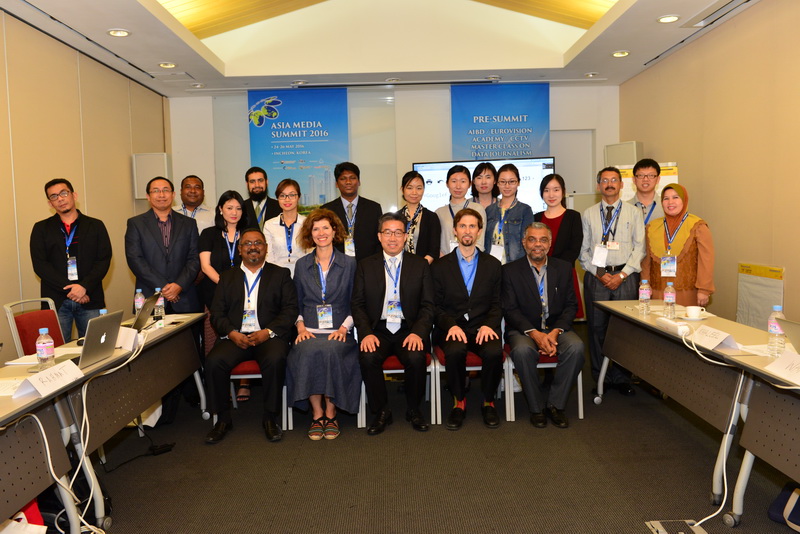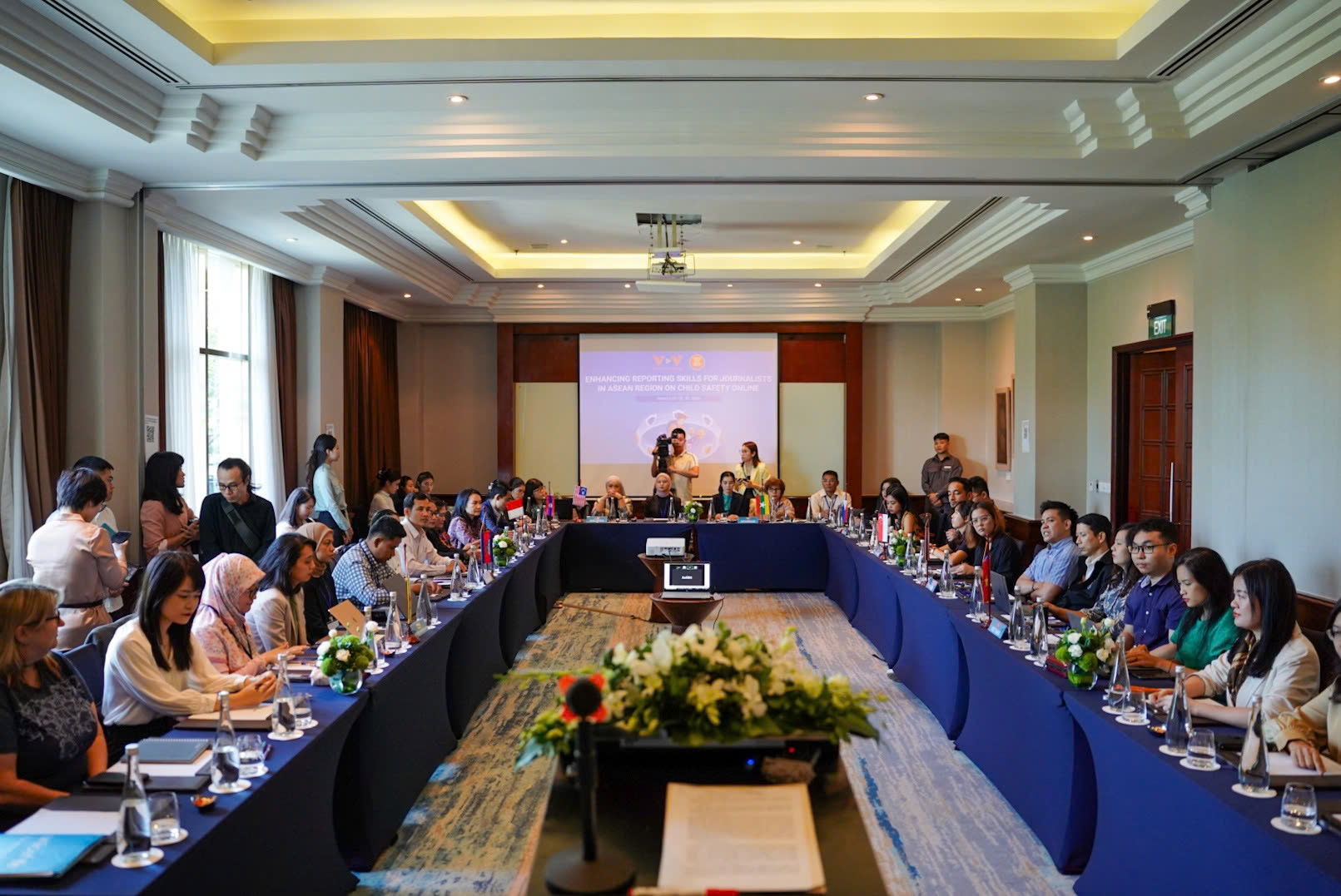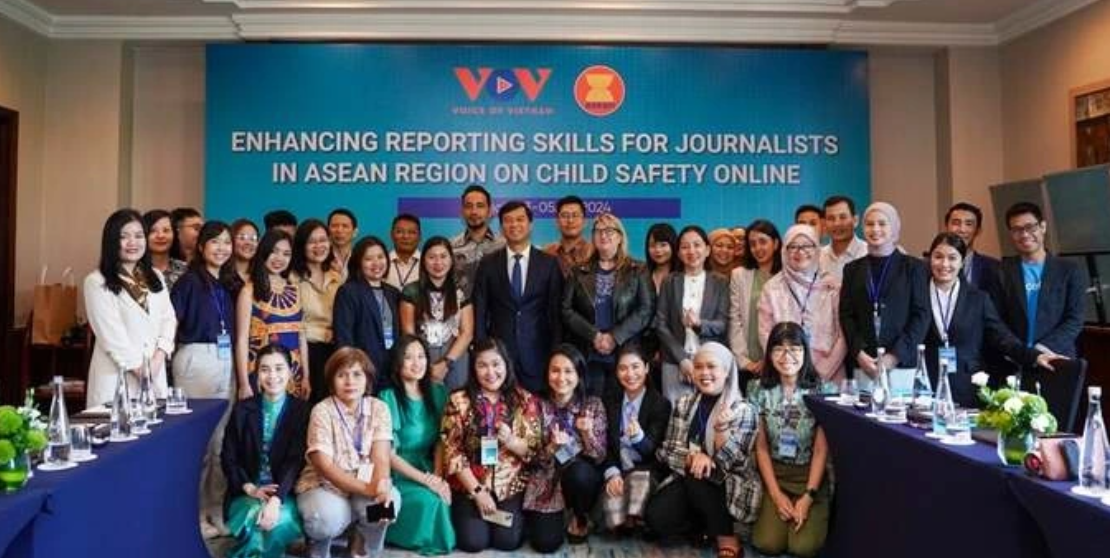
New Ways to Tell Compelling Stories through Data Journalism
News organisations across the globe are increasingly using data journalism to find new and compelling ways of telling stories with numbers and infographics, and make people more engaged with information.
“Data journalism is making the journalism field more exciting and vibrant,” Mr Kevin Anderson, Faculty member of EBU’s Eurovision Training Academy, told participants of the AIBD/Eurovision/CCTV Master Class on Data Journalism held Monday in Incheon, South Korea.
News organisations across the globe are increasingly using data journalism to find new and compelling ways of telling stories with numbers and infographics, and make people more engaged with information.
“Data journalism is making the journalism field more exciting and vibrant,” Mr Kevin Anderson, Faculty member of EBU’s Eurovision Training Academy, told participants of the AIBD/Eurovision/CCTV Master Class on Data Journalism held Monday in Incheon, South Korea.
He said journalists are always on the lookout for approaches to make dry and uninteresting stories really engaging, and data journalism provides that opportunity.
The world is amassed with data, and governments are increasingly making them available to the public for the purpose of transparency or in pursuit of a political agenda. “Journalists are excited about the increasing access to data for it provides them the opportunity to tell a complex story through engaging infographics,” Anderson said.
For those beginning to do data journalism, they can initially rely on websites of governments, private sector and universities to generate relevant and credible data for a story. But in countries with a long history of using data journalism like the USA, they collect their own data, and depend on multiple sources. “It takes a level of sophistication and confidence to do that,” Anderson pointed out.
To pursue data journalism effectively, Anderson recommends a team of various skills to work on available data. The team should include a journalist who has a sense for news and news judgement, a researcher or analyst who can provide background, context and analysis, and a designer from the motion graphics department who can offer visualisation techniques and creativity.
“Rarely can you find one person or one journalist equipped with all those skills to do data journalism. You need the collaboration of talented people with different skills for this purpose,” Anderson said.
If a journalist wishes to go into data journalism, Anderson has a piece of advice – be prepared to deal with math. “You have to be comfortable and confident in dealing with numbers,” he said.
The two-day workshop covered an overview of best practices in data journalism, ways of finding and gathering your own data, scraping data from the web, use of timelines and maps and building a data team and hanging projects.
The master class was one of five presummit events leading to the Asian Media Summit to take place on Tuesday in Incheon, South Korea.
Anderson who served as workshop consultant has more than 15 years of global journalism and media management experience in his work with the BBC, The Guardian and Gannett.





